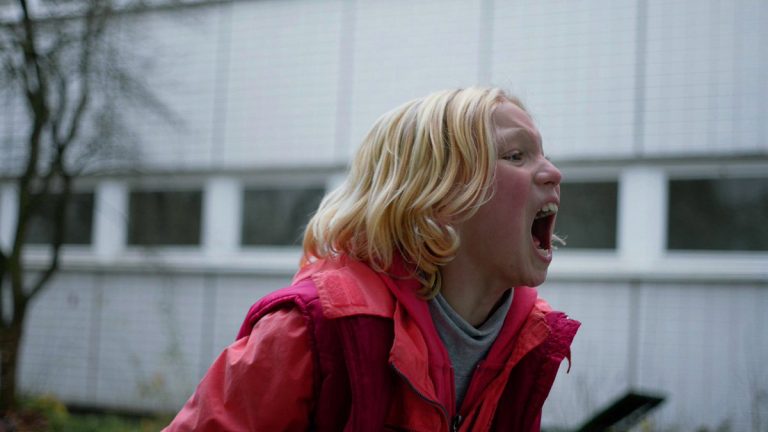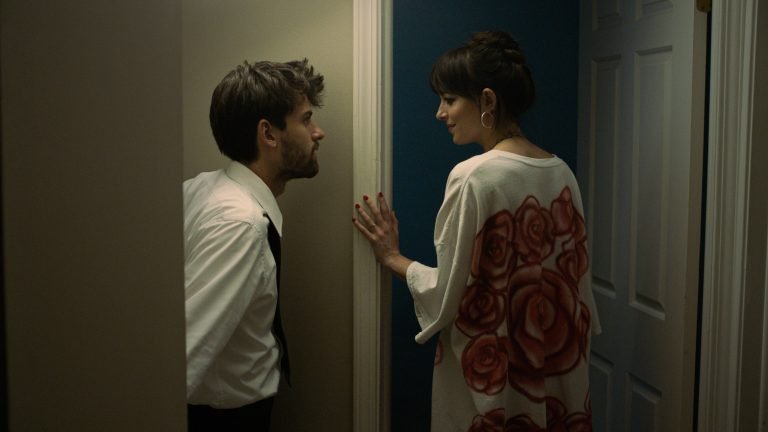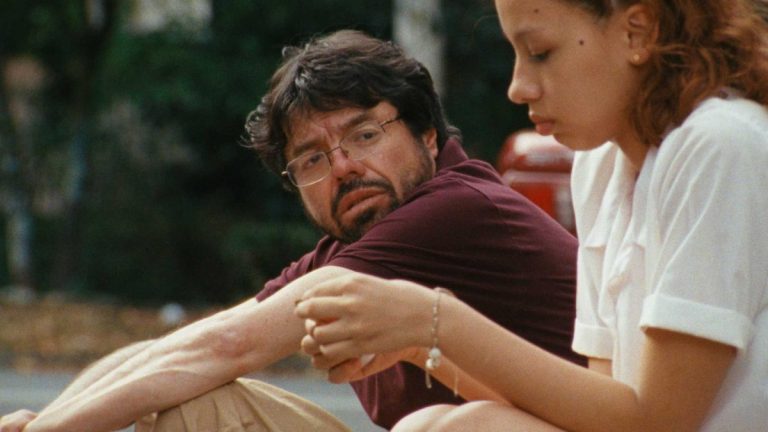If I love you, do I know you? If I love you, do I understand you? If I love you, do I want to be with you? And if I love you, why shouldn’t you scare me? You know, love and intimacy are not synonymous. And maybe I don’t want to be intimate with you.
Hosted once again at the Venice Film Festival just a few months after the success of “Challengers” (2024), Luca Guadagnino returns to the screen with “Queer,” based on the novel of the same name by William S. Burroughs. Burroughs’ literary legacy, the iconoclastic writer of the beat generation, is once again an inspiration to auteur cinema, suffice it to mention Gus Van Sant‘s “Drugstore Cowboy” (1989) and David Cronenberg’s “Naked Lunch” (1991).
The story is set in Mexico City in 1950. William Lee, played by Daniel Craig, is an American who, to the exclusion of his relationships with the rest of the local queer community, lives in an obsessive search for the next one-night stand. One day, along the notes of Nirvana’s Come as You Are, he briefly encounters Eugene Allerton (played by the still relatively unknown Drew Starkey), a handsome young American who recently moved to town. There ensues a courtship, desperate and at times grotesque, in which Lee is disposed to prostrate himself completely at the slightest hint of Eugene’s interest.
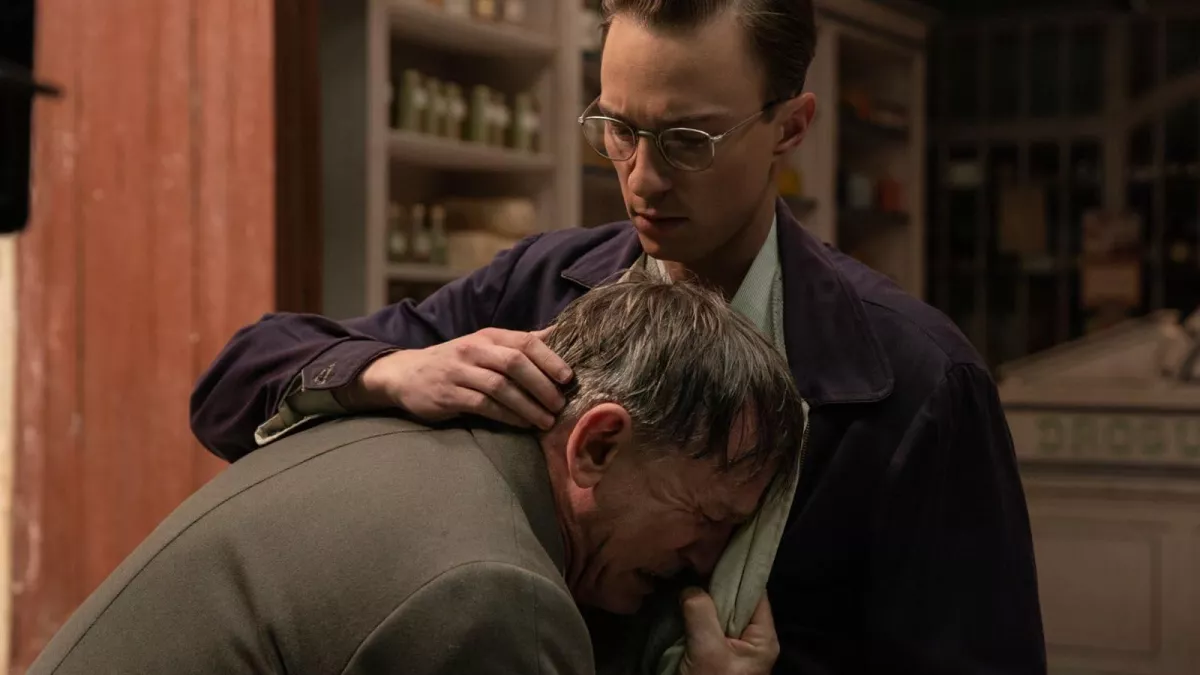
The love affair of the two, seemingly so unidirectional, is consolidated in Eugene’s unspoken role as a paid escort. In addition to the theme of obsessive love, the film examines, of course, that of homosexuality. In contrast to the widespread superficiality of political correctness, “Queer” is a story, not trite or overblown, that, while explicitly dealing with the subject of homosexuality (remarkably in a brilliant monologue delivered by Craig), does not reduce the relationship between the two protagonists to the simple “being both men.”
Lee’s character and Craig’s performance are not only astounding but almost uncomfortable in how easily we can identify with them. He fantasizes about the briefest contact with the object of his love the way a hanged man would dream about air. Unconcerned about his often ridiculous appearance, he indulges his addictions, as much to Allerton as to opiates, completely. Still, the boy (Allerton) feels skittish toward him and sees in Lee’s insistence on adoring him a threat to his independence that is temporal, decisional, and emotional.
I want to talk to you without needing words. Those are Lee’s words; he wants to reach Eugene so badly that he dreams of telepathy. He starts a manic search for a substance with psychedelic properties named Yage that will finally allow him to overcome the barriers that divide him from his beloved. Such is the desire of Lee to literally drag the film itself into a drastic change of tone, which, from a delicate and subtly ironic first act, deconstructs into a hallucinatory and schizophrenic road trip (characteristic of Burroughs’ literature). Overall, Guadagnino masterfully handles the adaptation of the novel as much as the intersection of seemingly irreconcilable filmic forms. At first disorienting, the evolution of “Queer” is actually the obligatory response to Lee’s desperate search in Act I, that of perfect intimacy.
Worth mentioning, besides Craig, of course, is the entire acting cast. Indeed, the performance of Andrew Starkey, an outstanding co-star, is also excellent, and the actor is capable of giving life to a character of only apparent coldness but as intimately vulnerable as that of Lee. Also noteworthy are the equally effective performances of Lesley Manville as Dr. Cotter, a quirky modern-day shaman, and Jason Schwartzman, whose Joe lightens the picture with thoughtful levity.
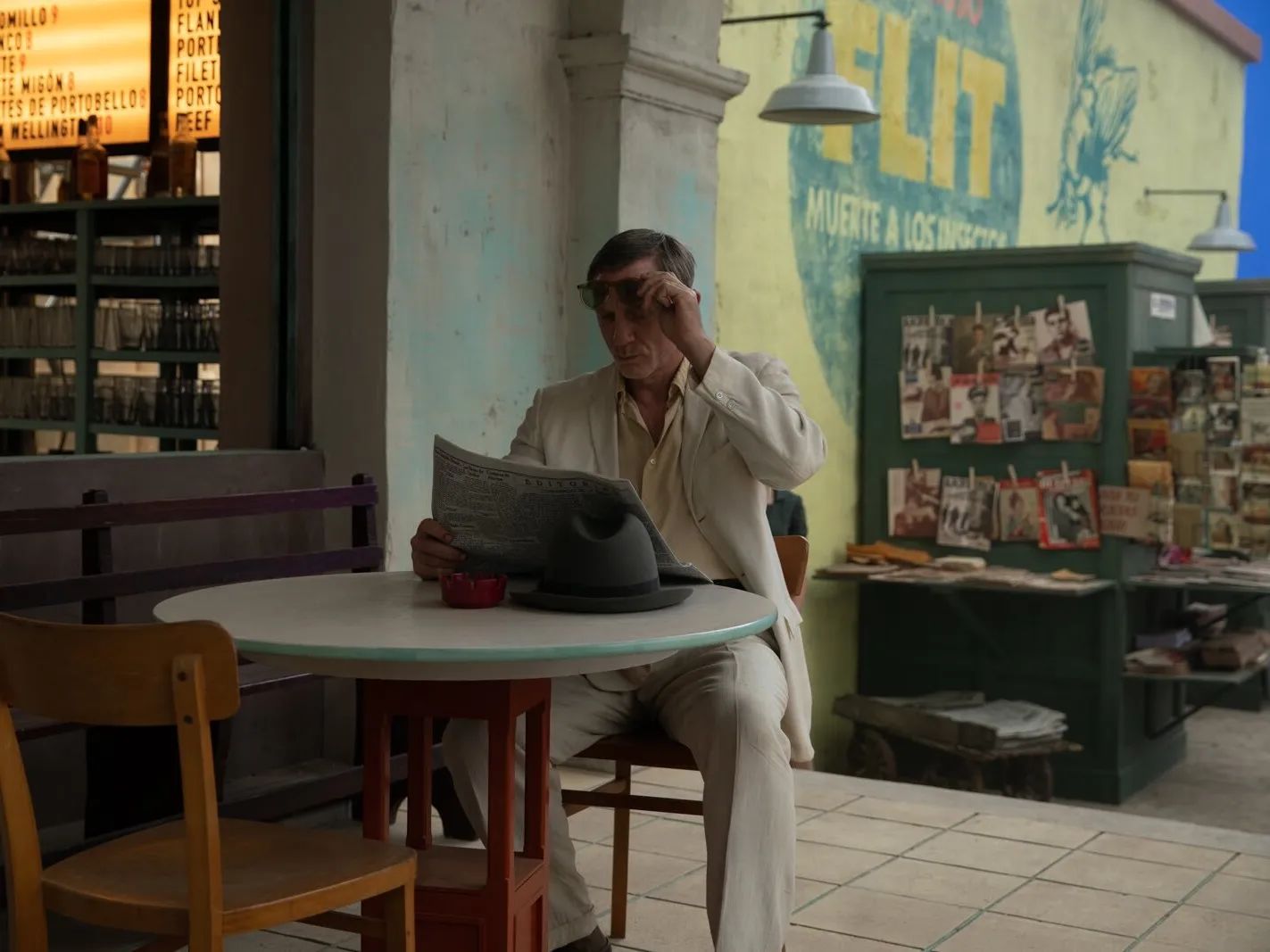
It is also an integral dramaturgical tool of music, renewing the director’s collaboration with Trent Reznor and Atticus Ross, who had already written the soundtrack for “Challengers.” By combining cult music and lesser-known pieces with the narrative, they are, in fact, able to add an extra layer of reading to the whole movie.
One of Guadagnino’s best adaptations for the big screen, “Queer,” recomposes strong elements from previous features, most notably Call Me by Your Name’s delicate depiction of desire and Suspiria’s flair for the grotesque. The director, one of the most up-and-coming names in the current cinematic landscape, proves himself, for the first time, to be a fully mature auteur finally able to pay homage to and no longer emulate, the great masterpieces of film history while adducing a personal desire for experimentation.
“Queer,” screened in Competition in the main section of this last Venice Film Festival, stands as a peak in Guadagnino’s filmography, as a raw and, at the same time, tender story, passionate but also intimate. A very beautiful reflection on the elusiveness of being one and on the profound emotion of experiencing it.


![The Oak Room [2020]: ‘Fantasia’ Review – A film that uses storytelling as a currency](https://79468c92.delivery.rocketcdn.me/wp-content/uploads/2020/08/The-Oak-Room-Movie-Review-highonfilms-2-768x288.jpg)

